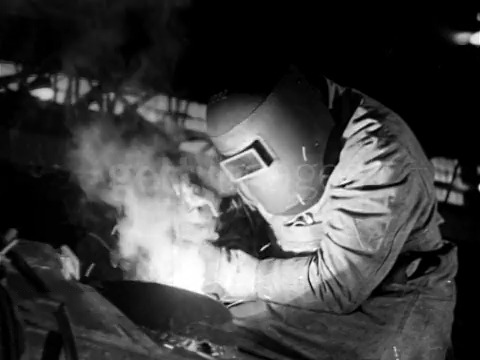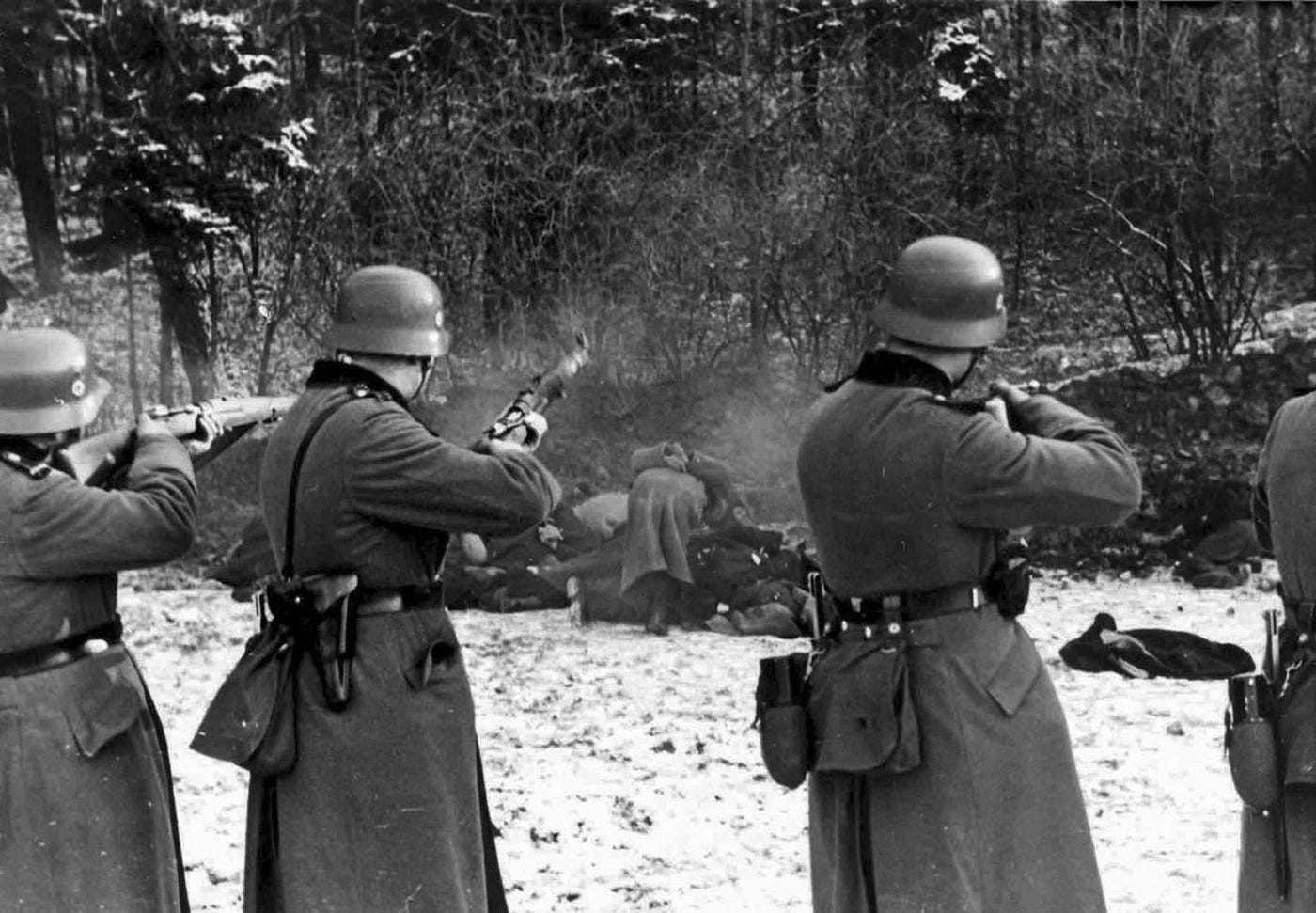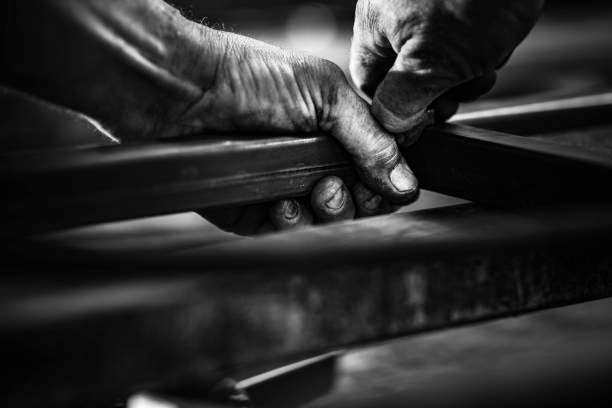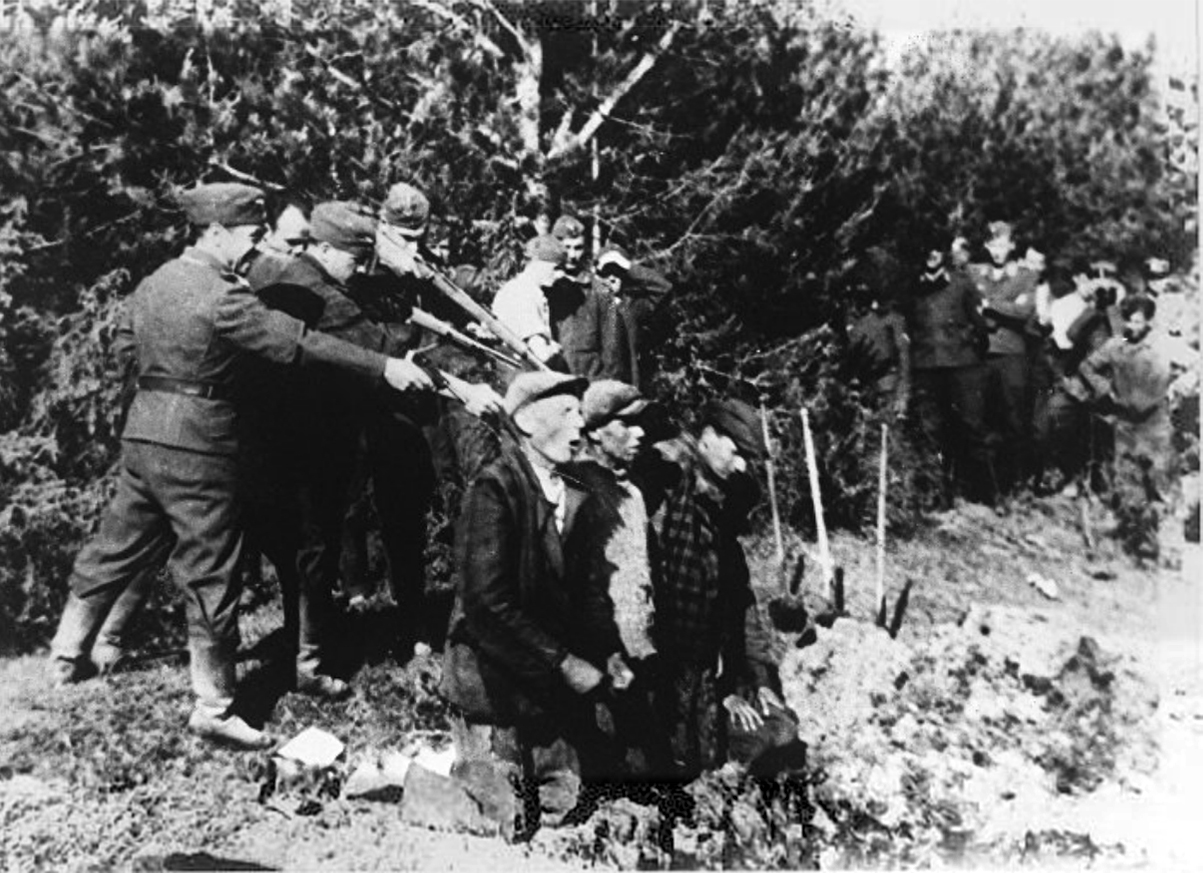Early 1939 saw Nazi sympathizer and fabulously wealthy Romanian playboy Archimedes “Archie” Antonescu’s life and dreams of motor sport fame come to a violent end. Behind the wheel of his Maybach and driving under the influence, he died at a railroad crossing in a horrendous collision with a speeding train. His death brought to an abrupt end his plans to compete with a fabulously expensive race-tuned custom Bugatti Royale created by Jean Bugatti himself. Kept as a secret, this 7th Royale had been shipped to Estonia where “Archie” intended to start the Monte Carlo Rally of 1939 and startle the racing community with his spectacular Bugatti.
With Archie and his three team mechanics now dead, knowledge of the 7th Royale’s existence and its exact whereabouts resided solely with Jaak Oja a rural and gifted Estonian mechanic in whose barn Archie’s beautiful beast resided.
With a European war on the horizon and Estonia square in the crosshairs of competing Russian Communist and German Nazi expansionist intentions, Jaak Oja faced an uncertain and frightening future. Jaak’s head spun. He feared for his Independence loving activist son presently pursued by both communists and Nazis in Estonia and for his fate should Archie’s exquisite Albatross in his barn and around his neck be discovered.
In Search of the 7th Royale
(Part 7 – Chaos Reigns, Lives Shatter)

Until he was free of this magnificent burden, Jaak would dedicate his every waking hour to repairing the Bugatti. The dream of seeing the big Mercedes truck departing his farm with the successfully repaired Royale firmly tucked inside filled his sleep, when he could sleep. All that could ever supplant his preoccupation with successfully ridding his life and farm of this beautiful curse loomed as fears for his son Mihkel’s safety and well being.
Inflamed by outside forces, local political passions fast approached the boiling point. Mihkel’s outspoken commitment to Estonian independence had him marked as an enemy by both Nazi and communist zealots. Jaak thanked God for his son’s self imposed retreat into the protective isolation of the dense Estonian woodlands. Jaak knew Mihkel did it to protect Jaak and Ann, his mother. Though saddened at the need, his isolation did offer Jaak and Ann a modicum of comfort though they missed him so.

Nazi soldiers killing civilians
Winter had come to the farm and the big wood burning stove worked hard in the stone and wood barn. Jaak held a strong belief in the saying “Slow is smooth and smooth is fast.” Even with a rush job he was not big on hurrying. He believed hurrying took longer. Day one, Jaak started by first placing a chair about a dozen feet away from the Royale’s undamaged side. He then took his chair and did the same on the damaged side. In both instances, he sat down and just looked. He carefully studied its condition and character in both its undamaged and damaged state. He did so to inform the process of deconstructing the forces that created the damage. With that perspective he could go about doing his best to replicate the strength, integrity and geometry of the undamaged suspension members.
Having developed a great respect for and a sense of the machine and indeed the man who created it, Jaak set about elevating the damaged corner to remove the load on the damaged suspension. Over a few days he sketched both the undamaged and damaged front suspensions in their present state. Next step called for the precise dismantling and labeling of all the parts associated with the damaged front suspension. His observations revealed that all the broken parts had been fabricated from steel and could be welded with the acetylene-based technology he had available.
Jack considered himself lucky when the completed disassembly revealed that the vast majority of damage resulted from breaks and cracks and not from twists and bends. Breaks and cracks did not change the tensile strength of the steel. Reheating and straightening a bent or twisted steel component could change the character of the metal most often weakening it.

Weeks passed as Jaak displayed a mastery solely witnessed by the great Bugatti. Each crack ked or broken part benefited from being placed in a jig custom made by Jaak to perfectly align the broken pieces. Where bends occurred he worked his best magic to return it as close to original as possible. The thought that once damaged parts would be replaced before the car would see a race track gave him comfort. Over a period of many weeks Jaak returned the 7th Royale to its original functionality, if not it peak performance capabilities. Finally he could do no more to make it better. Jaak work had reached its conclusion.
At last Jack permitted himself to step back and gaze upon the resurrected Royale. Now, viewed for the first time in all its glory, what he saw stole his breath. No longer hunched over crippled and lame like a bowed and beaten once glorious warrior king, the Royale possessed the stance of a great cat that could only be expressed as majestically athletic.
Though Jaak, for the sake of secrecy, could not take the great Bugatti out of the barn for a test drive, nor would he dare, he felt totally confident in the quality of his repair. At last the long awaited time had come when he could reach out to the lead mechanic, Gunther. It would be a long reach as Jaak’s secluded location had no telephone service. Roughly 15 km from Jaak’s farm, the nearest phone line ran to a railroad station in the village of Raasiku. Located at a switching yard on the rail line connecting Tallinn and the Antonescu owned oil shale facility near the village of Tapa, the yard managed shipments into and out of the oil shale site as well as military supplies for the army base at Tapa. Jaak had knowledge of the site from work he performed from time to time for the motor pool at the oil shale facility.

Soviet killing of Estonian citizens
Eager to move the Bugatti approval process along, Jaak cast long shadows in the early light of day preparing for a long wagon ride. Normally when he had business at the oil shale site the company would send a truck to pick him up. However, this time he very much wanted to maintain a low profile. With the morning stillness broken only by a pleasing sound track courtesy of shifting harnesses, creaking wooden wheels and random horse hooves, Jaak readied his two-wheeled buggy. Well fed, watered and ready, Päts one of the Oja farm’s sturdy and rugged Estonian native horses stood ready to accept the burden. Though not the largest of breeds, the Estonian Native Horses’ reputation for tireless service and their ability as a powerful puller made them a common sight on Estonian farms. Jaak had named his horse after the Estonian President, Konstantin Päts. Jaak had his reasons. He felt that the long time Estonian leader acted like everyone worked for him. Jaak took some satisfaction in saying that Päts worked for him. However, unlike the Estonian leader, Päts the horse displayed an appealing and easy temperament that earned a fondness from all who knew him. Having cinched the last harness strap with a reassuring tug, Jaak and Päts commenced a journey that should have Jaak making his phone call well before noon.
With his senses awash in the forest’s comforting sights, sounds, and smells as Päts trotted along the rural path, Jaak enjoyed a peace that had evaded him in recent times. Then, when reality snapped him back to thoughts of Antonescu, the Bugatti, and his son Mihkel, he clenched with a powerful desire to reach his destination, to make the call, to move this nightmare to closure. Päts held a steady pace and did not speak.
A shrieking steam whistle alerted Jaak to the close proximity of his destination. He urged Päts with a little verbal “chk chk” and flicked the reins. Päts rewarded him with the pleasing sound of hoof falls moving at a quicker pace.
Entering the building Jaak recognized the station master from previous trips. An exchange of brief pleasantries quickly transitioned into Jaak’s successful request for access to a phone line. He calmed himself and readied for his call. He straightened his shirt and tugged at his jacket as if the other party could see him. Directed to a quiet corner of the open office area Jaak rang up the operator and placed his call. At last. At last. A women responded brightly with clear and precise German. Jaak gasped. He did not speak German. His mind raced. Exasperated he simply asked for “Gunther, lead mechanic.” Suddenly her voice dropped. Now speaking softly, sadly she seemed to intersperse her words with deep sighs. Jaak felt panic. She appeared to be taking great pains to share something very import, in German. German which Jaak did not understand. Jack quickly scanned the room. He could barely think. He called to his friend the station master. Yes, the station master spoke some German. Jaak handed him the phone like a hot potato. He stared at the station master with wild eyes trying to divine answers from body language and facial expressions. The station master with a somber countenance slowly hung up the phone. The pronounced click punctuated the phone conversations conclusion.
In the even tone of someone who has no idea of the emotional load his words would carry, the station master explained that Gunther had died in a tragic and horrific auto accident along with two of his fellow mechanics and a senior official of the oil company, a Mr. Archimedes Antonescu.
Jack froze. Momentarily incapable of processing the implications of this dreadful turn of events. As his awareness slowly returned, the station master seemed to be talking to him. For a brief time Jaak saw the station masters’ mouth moving but heard no words. Finally regaining his mental footing, Jaak thanked the station master for his help. Thinking quicker now, Jaak fabricated a story of how he had done work with this Gunther fellow and the shock and sadness he felt in hearing of Gunther’s untimely death. As Jaak, deep in thought, moved slowly to leave, the station master filled in details about the fabulously wealthy playboy who had been at the wheel. The station master wondered out loud as to what had brought those four men to that lonely crossing. Jack in a barely audible voice grunted in acknowledgement and politely excused himself.
Departing the station Jaak knew one thing. He would have to warn Mihkel of the orphaned masterpiece radiating danger from inside the family barn. Up to now Jaak would not have even considered visiting his son in hiding for fear of bringing unwanted attention to his location. The day’s events changed everything. Jaak felt confident he had no one following him. He would navigate the back roads in search of Juri’s sled dog camp and Mihkel. Jack’s life spent in these woodlands served him well. Like an Estonian Sacajawea he guided a willing and eager Päts along unmarked roads and paths. With the sun still bright, the sound of barking dogs in the distance ahead quickened Päts pace and Jaak’s heart beat.

I enjoyed reading this story Burton!
Thanks for sharing!
I am so pleased to have you as a reader. Thank you for your feedback.
Wow…
Your expressed enjoyment means a great deal to me.